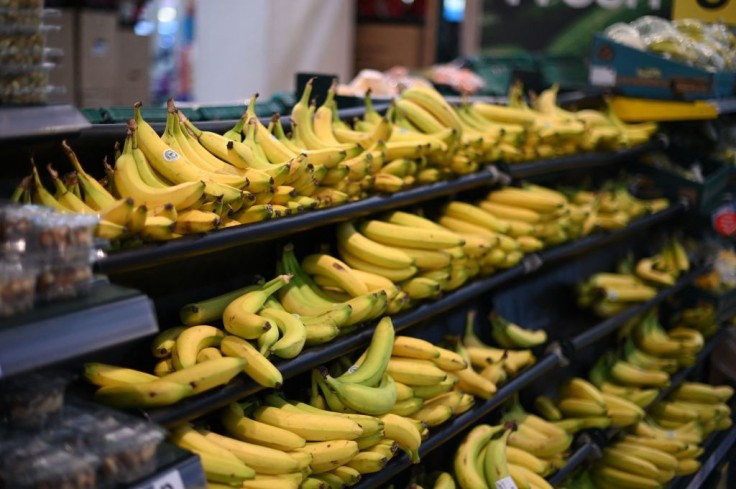
Every parent has experienced the challenges of getting fussy toddlers to sleep, but one mother has found an effective bedtime hack from a community of parents on TikTok.
Young mom Allison shared that she has found a lot of good hacks for parents on this social media platform, but the one so far is this inexpensive but effective bedtime hack that helps her put her fussy toddler to bed.
She said she feeds her child, whom she describes as "the most absolute worst sleeper," a banana before bedtime. While she initially doubted if the hack would work, she said they'd been doing this hack for eight months, and her daughter has slept through the night since.
@agoyneee_xo #parentinghacks #tricks #banana #toddlerlife ♬ original sound - allison.
It's Not a Hoax
Healthline reported that there are studies backing up the value of eating a banana to one's sleep quality because the fruit has certain nutrients that enhance sleep and relaxation. One banana weighs about 126 grams and has eight percent of the required daily magnesium intake.
Magnesium balances the body's circadian cycle, also known as the internal body clock, which helps a person maintain good sleep and waking time. This mineral also helps the body increase its melatonin production, the hormone responsible for the sleep cycle.
Eating bananas before sleeping is also beneficial for adults because it's high in potassium, which can work as a muscle relaxant for a tired and weary body. For people who suffer from sleepless nights because of body aches and pain, including bananas in the diet could bring beneficial results.
Banana has tryptophan, a type of amino acid that can help calm the mood. Studies have shown that tryptophan converts to serotonin in the brain, the hormone that helps with sleep regulation.
Other Bedtime Hacks to Try
Meanwhile, the banana trick is just one of the many bedtime hacks to try on toddlers. According to The Lot, it could also help to reduce the baby's stimulation a couple of hours before she sleeps.
Put away the TV screens or the screen devices every night to limit the child's exposure to blue light. This light from the mobile phone or the iPad may disrupt the hormones that impact sleep and wake cycles.
Dim the lights and keep the toys out of sight as well. If you prefer to play music, use white noise instead. Researchers from the University of Toronto said that white noise mimics the sound of the womb, which may also help stretch the kids' sleep hours.
Be consistent with following the same bedtime routine every night so that your child's body and brain will be trained for sleep in due time. Infants generally sleep between 14 to 17 hours a day, while toddlers sleep between 10 to 14 hours with one or two daytime naps in between.